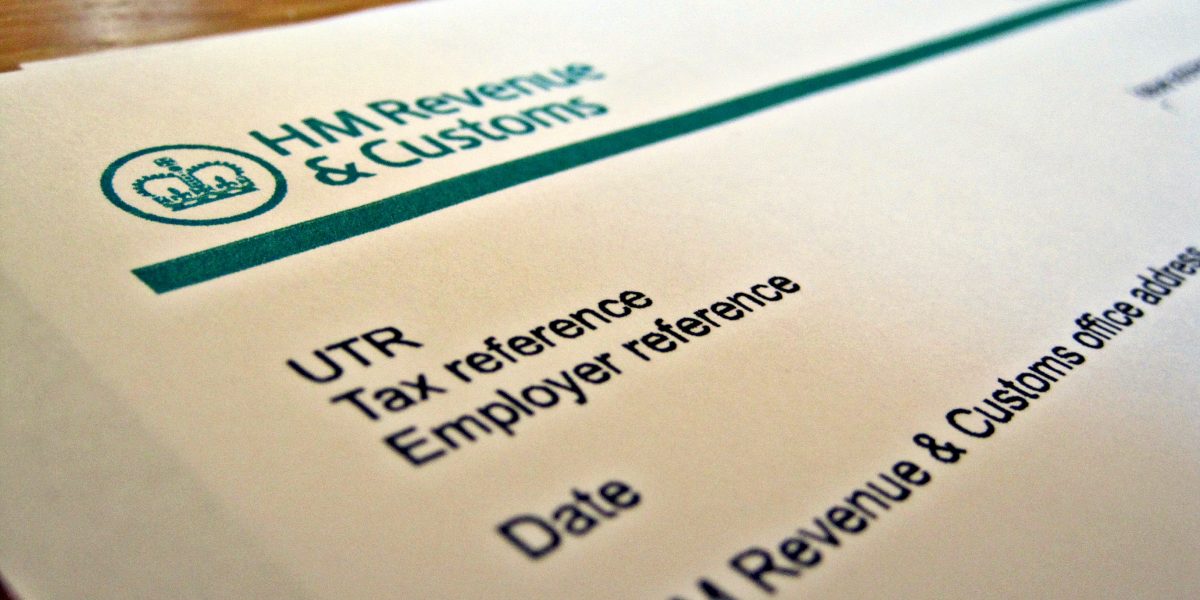This article originally appeared on the FCPA Blog
At the start of the New Year, the UK’s tax authority, HM Revenue and Customs (HMRC), issued a series of punitive fines – including its largest-ever punitive sum – against businesses that had breached strict anti-money laundering regulations.
One of those hit by a record fine was a money transfer company. HMRC concluded that the MSB (Money Service Business) had committed serious regulatory breaches in 2017 and 2019. It was fined £23.8 million ($32.4 million), a significant dent in anyone’s budget and profits (the fine is subject to an ongoing appeal).
As the Financial Times wrote in response to the news:
“The penalty is by far the largest fine by HMRC, which together with the Financial Conduct Authority and National Crime Agency, is battling to stem a tide of dirty money flowing through the UK. A national risk assessment of money laundering and terrorist financing published by the government last month estimated that ‘hundreds of billions of pounds’ were laundered in the UK every year.”
HMRC has often been on the receiving end of criticism: unsurprising given its role as the nation’s tax collector. However, having read its press release on the recent matter, I can only applaud its rigorous pursuit of those who do not take their regulatory responsibility seriously.
Besides collecting taxes, HMRC has an oversight role, enforcing some of the regulatory laws and rules under which British organizations and businesses must operate. And it is a challenging environment in which it does so.
Indeed, for overseers such as HMRC to have any impact, the fines it levies need to be castigatory – otherwise, they will have little impact on those who can roll with the punches and easily absorb costs. Those at the top of the organizational tree need to fear the possibility of an HMRC intervention if they transgress AML boundaries. If fines are all-too-easily easily absorbed and make little impact upon the company’s profitability, they will fail to act as a deterrent.
HMRC’s Deputy Director of Economic Crime, Nick Sharp, said:
“Businesses who fail to comply with the money laundering regulations leave themselves, and the UK economy, open to attacks by criminals. Money laundering is not a victimless crime. Criminals use laundered cash to fund serious organized crime, from drug importation to child sexual exploitation, human trafficking, and even terrorism.”
As a professional in the AML field, I was particularly pleased that Mr. Sharp managed to make the point that, like fraud, money laundering is not a victimless crime. Sadly, this perspective persists, not only in the UK but across the globe. Even in this instance, these developments are unlikely to garner the big news outlets’ interest or reach a wide audience. But they need to.
We need to address a lack of public (and media) interest in this area. If this had been a fine of any description levied on one of the big soccer teams, it would dominate the sports pages and likely get a mention among the lead stories on the front page. Sadly, wherever this story was to break, on whatever continent, in whatever country, the lack of public interest would be tangible. So, as good as HMRC has done, more must be done to underline these kinds of actions in the public eye.
Sadly, the detection and restraint of fraud, money laundering, and regulatory breaches fly under most people’s radars. What we have here is some solid work by a government regulator that deserves wide credit and recognition. It is a sad indictment that this is not usually the case, but it is one that those who ply our trade in this regulatory sector are used to. Pats on the back are few and far between, but in this instance, I’ll step forward and congratulate HMRC on a job well done.
____
With thanks to Tony McClements, Senior Investigator at Martin Kenney & Co, for his assistance with this post. He served for 33 years with UK police forces and has specialized in Fraud & Financial Investigation since 1998. He is also a lecturer in these subjects at the University of Central Lancashire (UCLAN).

Martin is Managing Partner of Martin Kenney & Co., Solicitors, a specialist investigative and asset recovery practice based in the BVI, focused on multi-jurisdictional fraud and grand corruption cases. In 2014 he was the recipient of the ACFE’s highest honor: the Cressey Award for life-time achievement in the detection and deterrence of fraud. In 2017, 2018, 2019, and 2020 he was chosen as a global elite “Thought Leader” by Who’s Who Legal and also selected as the number one offshore asset recovery lawyer worldwide over the same period.

